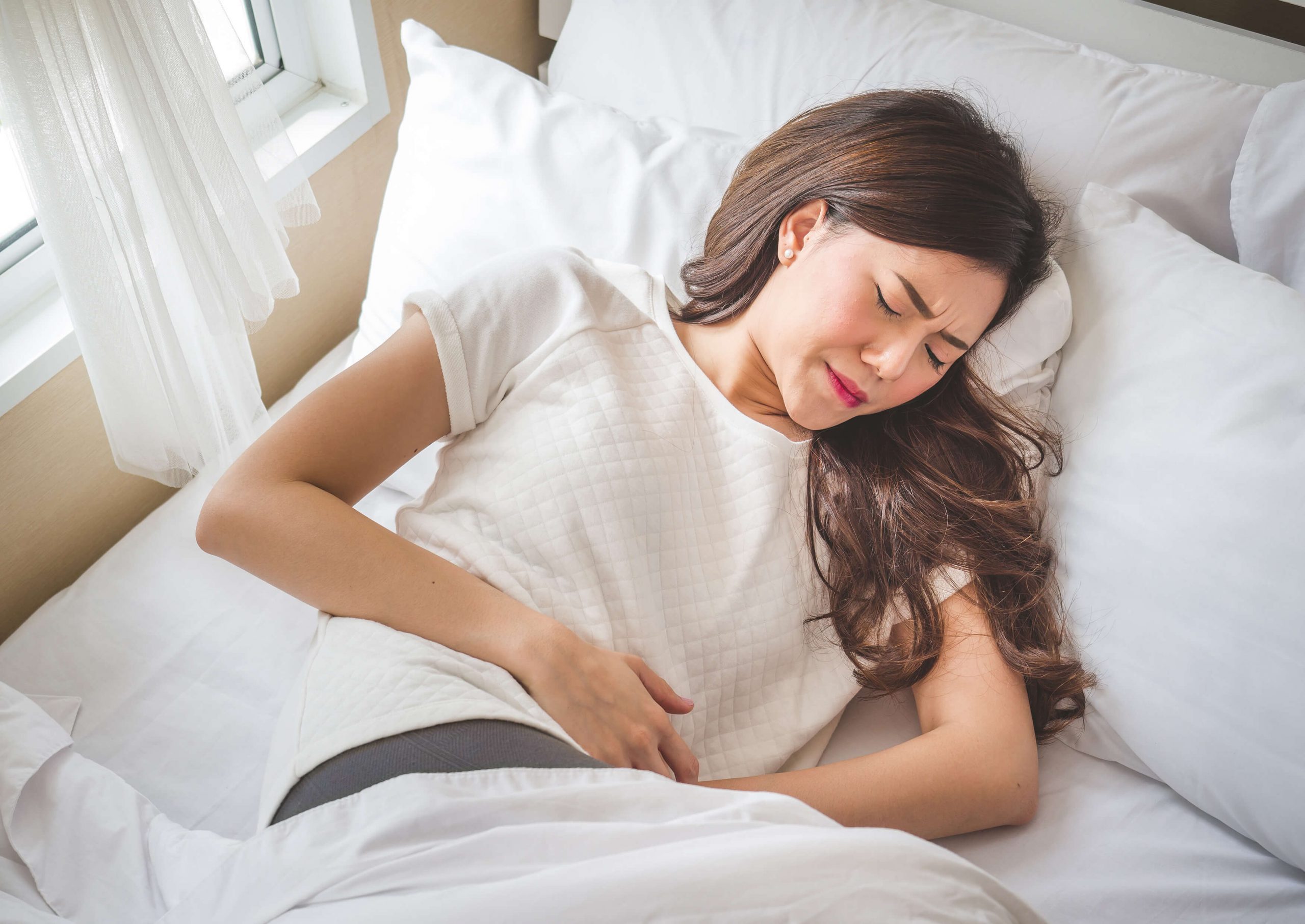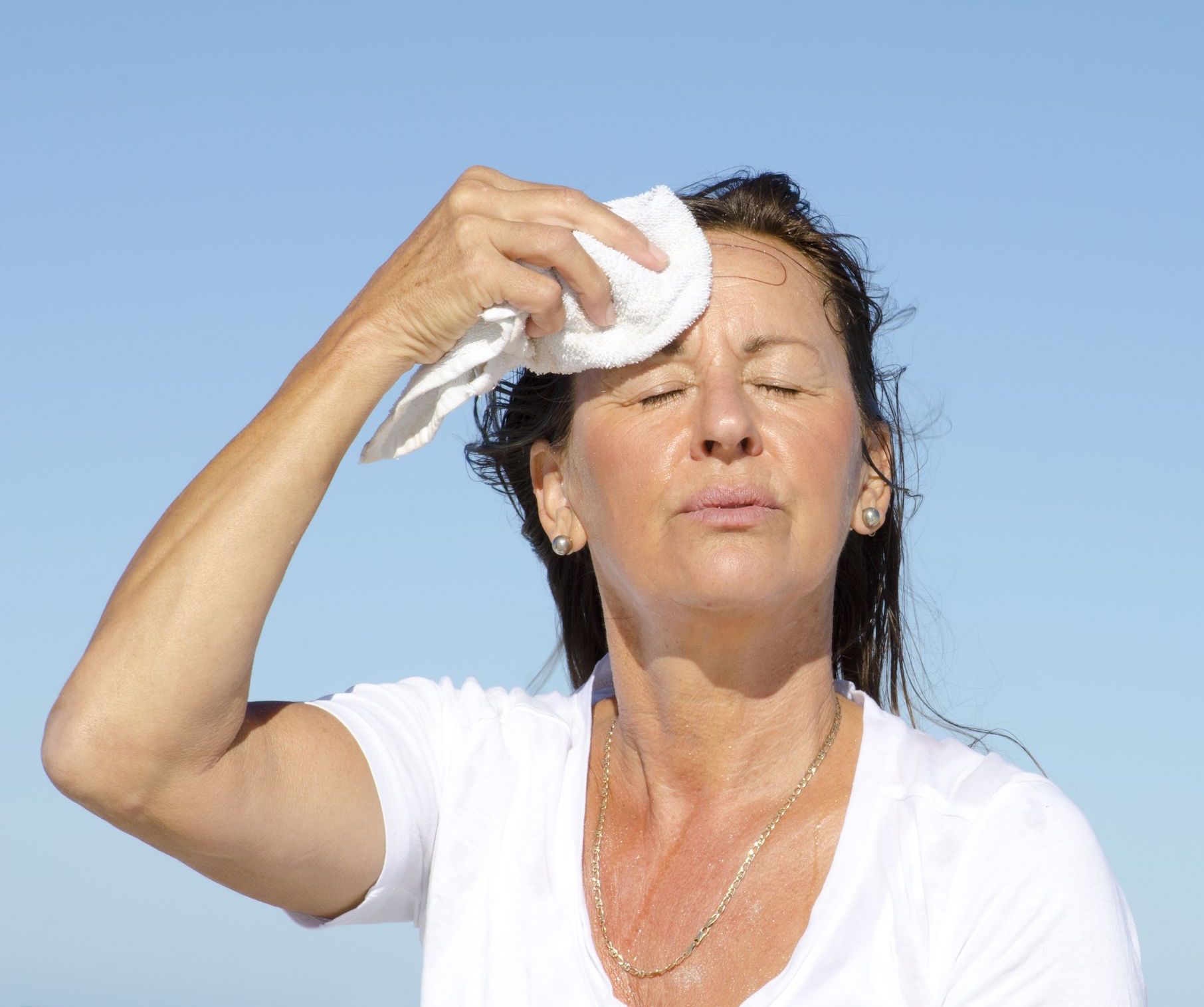Women's Health
Yeast Infection vs. Bacterial Vaginosis: What is the Difference?

While both yeast infection and bacterial vaginosis are types of vaginitis (i.e. vaginal inflammation), they differ in causes, symptoms, and treatments.
A vagina comprises both “good” and “bad” bacteria and bacterial vaginosis is the result of the “bad” bacteria becoming overgrown and disrupting this balance. It can be caused by several types of bacteria but is usually due to the Gardnerella vaginalis bacteria.
On the other hand, yeast infections are fungal – typically caused by the Candida fungus in the vagina.
Both of these types of vaginitis are extremely common. It is advised that you go to a gynaecologist for an accurate diagnosis.
What is a Yeast Infection?
A yeast infection is a fungal infection. Also known as vaginal candidiasis, vaginal yeast infections are extremely common – about 3 out of 4 women experience them at some point in their lives, and many experience at least twice.
What is Bacterial Vaginosis?
Bacterial vaginosis (BV) is a type of vaginal inflammation that occurs when the vagina’s natural bacterial balance is disrupted, leading to the overgrowth of “bad” bacteria called anaerobes. Having BV can increase your chances of getting other STDs. You cannot get BV from toilet seats, bedding, or swimming pools.
Signs and Symptoms
Both BV and yeast infections can cause unusual vaginal discharge. However, the discharge from a yeast infection usually has a thick, white consistency. On the other hand, the discharge from BV is thin, yellow, or grey and has a strong, unpleasant odour. At least half of the women who develop BV do not experience noticeable symptoms.
Below is a summary of similarities and differences in the signs & symptoms of Bacterial Vaginosis (BV) and a yeast infection:
| Symptoms | Bacterial vaginosis (BV) | Yeast infection |
| Discharge | Thin vaginal discharge that’s gray, yellow, or greenish | Thick, white vaginal discharge with a watery consistency |
| Odour | “Fishy” odour that becomes stronger during your period or after sex | No vaginal odour |
| Pain | Discomfort | Pain and soreness |
| Burning sensation | Burning sensation with urination | Burning sensation with urination and/or sex |
| Itching | May or may not have vaginal itching | Vaginal itching and/or irritation of the vagina |
Causes
Bacterial vaginosis and yeast infections are caused by different factors.
Bacterial Vaginosis
The following are some of the common causes for bacterial vaginosis:
- Douching or rinsing your vagina with a cleansing agent typically disrupts the normal vaginal environment. It may strip away “good” bacteria or introduce “bad” bacteria.
- Intercourse with a new partner may introduce new bacteria to the area or change your vaginal pH, especially intercourse without a condom.
Yeast Infections
The following are some of the common causes for yeast infections:
- Taking antibiotics may lead to a decrease in the “good” bacteria causing the yeast to grow
- Major hormonal changes including pregnancy
Latest Articles
How Are Abdominal Hernias Treated?
What to Expect from Colorectal Surgery
How to Treat Breast Inflammatory Conditions
Gynaecomastia: Understanding Male Breast Cancer
Treatments
The treatments for BV and yeast infections differ. Some yeast infections can be treated with over the counter medications, but all cases of BV require prescription medication.
Bacterial Vaginosis (BV)
Metronidazole (Flagyl) is a commonly prescribed oral medications used to treat BV.
Although your symptoms are likely to clear up within 2 or 3 days, be sure to finish the full 5 or 7 day course of antibiotics. It is important to finish the full course of antibiotics as that is the best way to clear the infection and reduce the chances of it recurring.
During this time, avoid having sexual intercourse or inserting anything into the vagina that could introduce bacteria such as tampons, menstrual cups or sex toys.
Unless your symptoms continue after your course is completed, you are unlikely to require a follow-up appointment.
Yeast Infections
Yeast infections can be treated with anti-fungal vaginal pessaries, creams or tablets.
It is important to finish the full course to clear the infection and reduce the chances of recurrence. Over the counter and prescription medications can usually clear up a yeast infection within a week. If your symptoms persist, you should consult a gynaecologist for medical treatment.
Conclusion
While the symptoms of yeast infections and BV are often similar, the causes and treatments for these conditions are different.
If left untreated, both yeast infections and BV can lead to further complications. If your symptoms persist, it is advisable for you to visit your gynaecologist for a consultation.
Minimizing irritation to your vulva and protecting the natural microbial environment inside your vagina can help prevent reinfection. Some tips for prevention include taking probiotics, avoiding douching or using scented soaps or fragrances on your vulva, immediately changing out of wet clothes and avoid spending extended amounts of time in hot baths.
WHO WE ARE
About SOG Health Pte. Ltd.
Established in 2011, SOG Health Pte. Ltd. (“SOG”) is a leading healthcare service provider dedicated to delivering holistic health and wellness services to the modern family.
With a long and established track record in Singapore providing Obstetrics and Gynaecology (“O&G”) services such as pre-pregnancy counselling, delivery, pregnancy and post-delivery care, the Group has since further expanded its spectrum of healthcare services to include Paediatrics, Dermatology, and Cancer-related General Surgery (Colorectal, Breast & Thyroid).
The Group’s clinics, under its four operating segments of O&G, Paediatrics, Oncology and Dermatology, are strategically located throughout Singapore to provide easy access to its patients.
- Obstetrics
- Gynaecology
- GynaeOncology
- Breast, Thyroid & General Surgery
- Colorectal, Endoscopy & General Surgery
- Dermatology
- Paediatrics
Consult With A Specialist From SOG
Visit one of our specialists today to learn more about your health!
Recommended Specialists
Book An Appointment
Fill up this form and our clinic will get back to you shortly.
For general enquiries, please click here.








